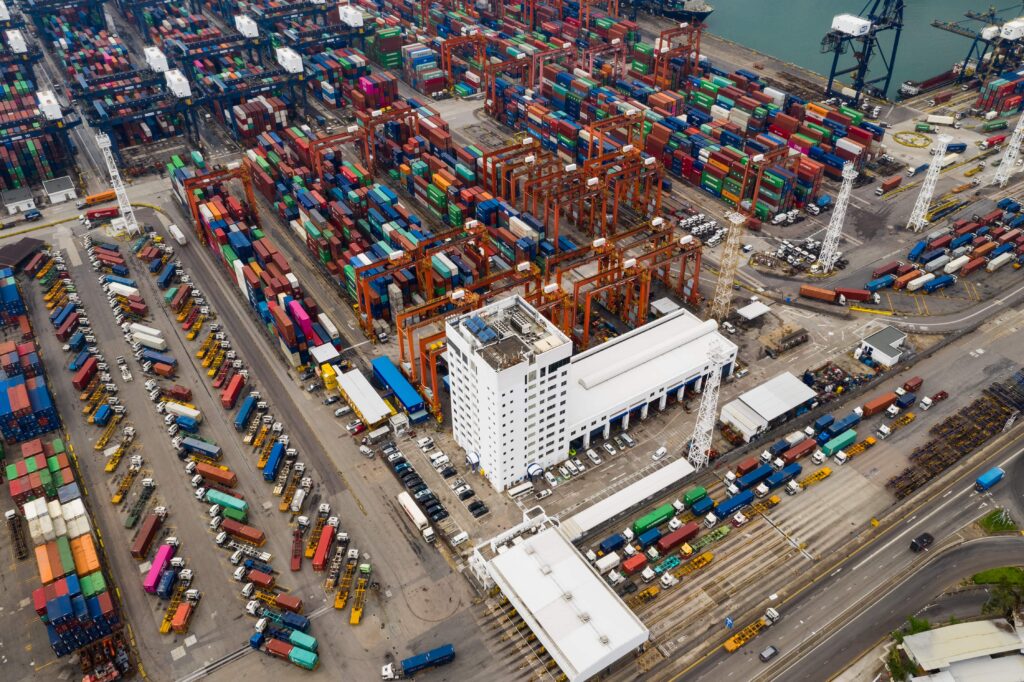Heavy Hauling: Strategies for Safe and Successful Transportation
Heavy hauling plays a crucial role in the logistics industry, ensuring the transportation of oversized and overweight cargo to various destinations. From construction machinery to

In today’s fast-paced world, efficient shipping is crucial for businesses to thrive. PM Logistics Services understands the importance of streamlined transportation solutions, and one such method that stands out is intermodal transport. In this article, we will explore the advantages of intermodal transport and how it enhances efficiency in shipping operations.
Intermodal transport refers to the seamless integration of different modes of transportation, such as trucks, trains, and ships, to transport goods from one point to another. It relies on the concept of containerization, where cargo is packed into standardized containers that can be easily transferred between different modes of transport.
Intermodal transport plays a vital role in promoting environmental sustainability within the shipping industry.
Intermodal transport offers a high degree of flexibility and reliability, ensuring smooth shipping operations.
While intermodal transport offers numerous benefits, it is essential to address potential challenges and provide solutions.
Absolutely! Intermodal transport is flexible and caters to businesses of all sizes. Whether you are a small-scale enterprise or a large corporation, intermodal solutions can be tailored to meet your specific shipping needs.
Yes, intermodal transport offers significant cost savings. By utilizing multiple modes of transportation and optimizing resource utilization, businesses can achieve cost efficiencies and reduce transportation expenses.
Intermodal transport reduces carbon emissions by shifting long-distance transport from road to rail or waterways. It also helps decrease traffic congestion and promotes eco-friendly shipping practices.
Absolutely! Intermodal transport is adaptable and can handle various cargo types, including specialized or oversized goods. It provides solutions for diverse industries and shipment sizes.
Intermodal transport offers reliability through backup options, contingency plans, and comprehensive tracking systems. These measures ensure smooth operations, timely deliveries, and effective management of shipments.
Heavy hauling plays a crucial role in the logistics industry, ensuring the transportation of oversized and overweight cargo to various destinations. From construction machinery to
Freight shipping plays a critical role in supply chain management. It ensures the timely and efficient movement of goods from one location to another. However,
In today’s global economy, efficient freight logistics plays a crucial role in ensuring the smooth movement of goods and materials. As businesses strive for cost-effective
In today’s fast-paced world, efficient shipping is crucial for businesses to thrive. PM Logistics Services understands the importance of streamlined transportation solutions, and one such
Welcome to PM Logistics Services’ comprehensive guide to drayage services in Charleston and Greer, SC. In this article, we will delve into the significance of
In today’s fast-paced business environment, having visibility into the supply chain from producer to consumer is essential. This allows for maximum efficiency and reduces the